Home / editorials / Mind-Boggling: US CDC Orders Gender-Related Terms Cut from Scientific Papers
Mind-Boggling: US CDC Orders Gender-Related Terms Cut from Scientific Papers
By: My India Times
3 minutes read 55Updated At: 2025-02-10
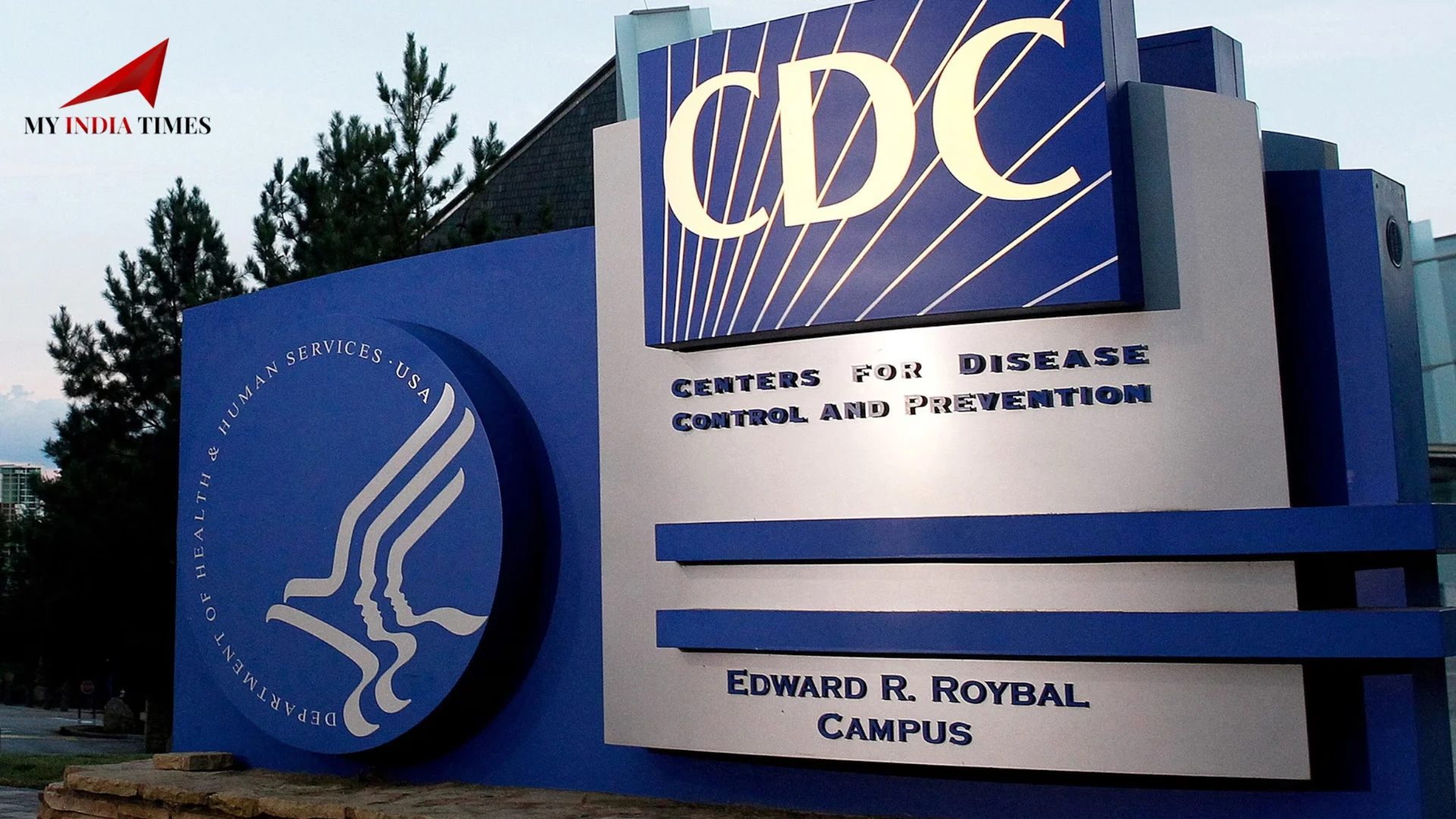
The United States Centers for Disease Control and Prevention (CDC) has issued a controversial directive instructing scientists to remove specific gender-related terms from scientific research papers. The recent decision, which is consistent with an executive order issued by former President Donald Trump, has incited significant concern among researchers and public health professionals. Under the new policy, words such as 'gender,' 'transgender,' 'pregnant person,' 'non-binary,' and 'transsexual' will be prohibited in official publications.
Understanding the CDC Directive
On January 31, 2025, the CDC's chief science officer circulated an email directing researchers to comply with Trump's executive order. The order, aimed at reinforcing "biological truth," recognizes only two sexes—male and female—within federal documentation.
This directive encompasses all manuscripts authored or co-authored by CDC scientists, including those that are in preparation, under review by journals, or have been accepted and are awaiting online publication. Moreover, CDC researchers listed as co-authors on external studies featuring the now-restricted terms are expected to withdraw their authorship. The sweeping nature of this policy has left many scientists questioning its implications for public health research and data accuracy.
Impact on Scientific Research
The omission of gender-related terminology from research supported by the CDC has significant implications. Gender identity is a vital factor in public health research, especially in domains such as HIV prevention, reproductive health, and mental health disparities. By excluding these terms, the CDC inadvertently marginalizes entire communities from crucial data collection and analysis.
Experts contend that neglecting demographic factors such as gender identity and sexual orientation may result in ethical dilemmas and misrepresentation of data. Research on sexually transmitted infections, for example, fundamentally depends on precise data regarding gender and sexual identity to devise effective prevention strategies.
The policy has a disproportionate impact on research that focuses on marginalized communities. The removal of these terms complicates the analysis of health disparities affecting LGBTQ+ individuals, which may result in significant gaps in healthcare policies and interventions.
Backlash from the Scientific Community
Leading experts have condemned the directive, citing its potential to cripple scientific discourse and undermine public health initiatives. Thomas Babor, an emeritus professor of public health at UConn Health, called the policy “mind-boggling,” warning that it could suppress critical research for years.
Many scientific journals have their own editorial guidelines regarding gender and inclusivity. It remains uncertain whether they will comply with the CDC’s mandate, as it conflicts with widely accepted research ethics.
Legal experts have raised concerns about whether the directive violates scientific freedom and First Amendment rights. As Alfredo Morabia, Editor-in-Chief of the American Journal of Public Health, stated, "How can the government decide what words a journal can use to describe a scientific reality?"
Removal of Gender-Related Resources from CDC’s Website
In addition to restricting research terms, the CDC has quietly removed gender-related health data from its website, affecting resources on LGBTQ+ youth mental health, HIV/AIDS statistics categorized by gender identity, and transgender health disparities. This move has alarmed healthcare advocates, as access to reliable data is crucial for formulating public health policies.
Future Implications for Public Health and Research
Many fear this directive sets a precedent for political interference in science, restricting researchers’ ability to conduct unbiased studies. Without gender-inclusive data, future healthcare policies may lack accuracy, leading to ineffective interventions. The CDC’s global influence means that this policy could have international ramifications, discouraging collaboration and data sharing between the U.S. and other nations.
....The United States Centers for Disease Control and Prevention (CDC) has issued a controversial directive instructing scientists to remove specific gender-related terms from scientific research papers. The recent decision, which is consistent with an executive order issued by former President Donald Trump, has incited significant concern among researchers and public health professionals. Under the new policy, words such as 'gender,' 'transgender,' 'pregnant person,' 'non-binary,' and 'transsexual' will be prohibited in official publications.
Understanding the CDC Directive
On January 31, 2025, the CDC's chief science officer circulated an email directing researchers to comply with Trump's executive order. The order, aimed at reinforcing "biological truth," recognizes only two sexes—male and female—within federal documentation.
This directive encompasses all manuscripts authored or co-authored by CDC scientists, including those that are in preparation, under review by journals, or have been accepted and are awaiting online publication. Moreover, CDC researchers listed as co-authors on external studies featuring the now-restricted terms are expected to withdraw their authorship. The sweeping nature of this policy has left many scientists questioning its implications for public health research and data accuracy.
Impact on Scientific Research
The omission of gender-related terminology from research supported by the CDC has significant implications. Gender identity is a vital factor in public health research, especially in domains such as HIV prevention, reproductive health, and mental health disparities. By excluding these terms, the CDC inadvertently marginalizes entire communities from crucial data collection and analysis.
Experts contend that neglecting demographic factors such as gender identity and sexual orientation may result in ethical dilemmas and misrepresentation of data. Research on sexually transmitted infections, for example, fundamentally depends on precise data regarding gender and sexual identity to devise effective prevention strategies.
The policy has a disproportionate impact on research that focuses on marginalized communities. The removal of these terms complicates the analysis of health disparities affecting LGBTQ+ individuals, which may result in significant gaps in healthcare policies and interventions.
Backlash from the Scientific Community
Leading experts have condemned the directive, citing its potential to cripple scientific discourse and undermine public health initiatives. Thomas Babor, an emeritus professor of public health at UConn Health, called the policy “mind-boggling,” warning that it could suppress critical research for years.
Many scientific journals have their own editorial guidelines regarding gender and inclusivity. It remains uncertain whether they will comply with the CDC’s mandate, as it conflicts with widely accepted research ethics.
Legal experts have raised concerns about whether the directive violates scientific freedom and First Amendment rights. As Alfredo Morabia, Editor-in-Chief of the American Journal of Public Health, stated, "How can the government decide what words a journal can use to describe a scientific reality?"
Removal of Gender-Related Resources from CDC’s Website
In addition to restricting research terms, the CDC has quietly removed gender-related health data from its website, affecting resources on LGBTQ+ youth mental health, HIV/AIDS statistics categorized by gender identity, and transgender health disparities. This move has alarmed healthcare advocates, as access to reliable data is crucial for formulating public health policies.
Future Implications for Public Health and Research
Many fear this directive sets a precedent for political interference in science, restricting researchers’ ability to conduct unbiased studies. Without gender-inclusive data, future healthcare policies may lack accuracy, leading to ineffective interventions. The CDC’s global influence means that this policy could have international ramifications, discouraging collaboration and data sharing between the U.S. and other nations.
By: My India Times
Updated At: 2025-02-10
Tags: editorials News | My India Times News | Trending News | Travel News
Join our WhatsApp Channel




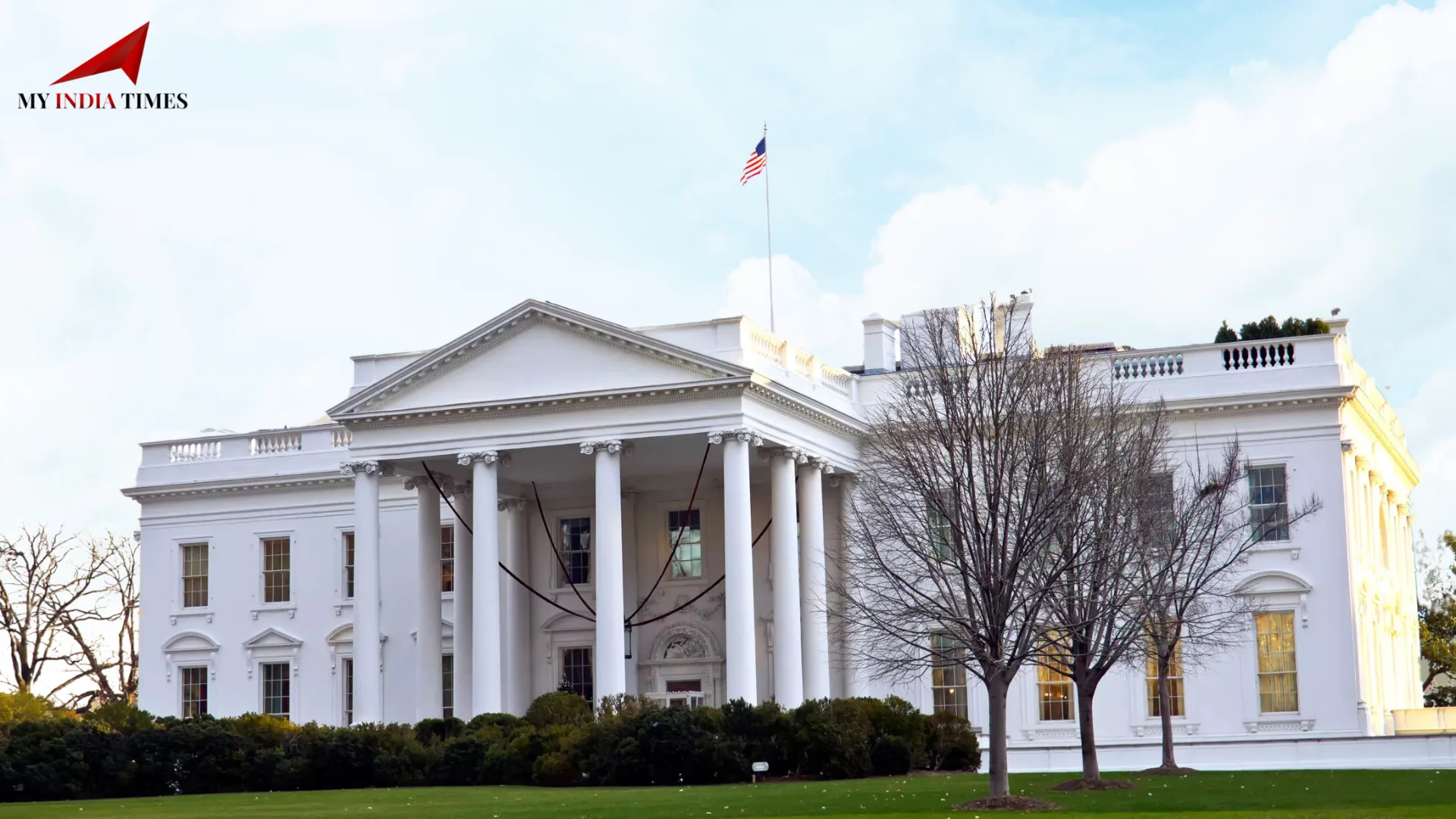

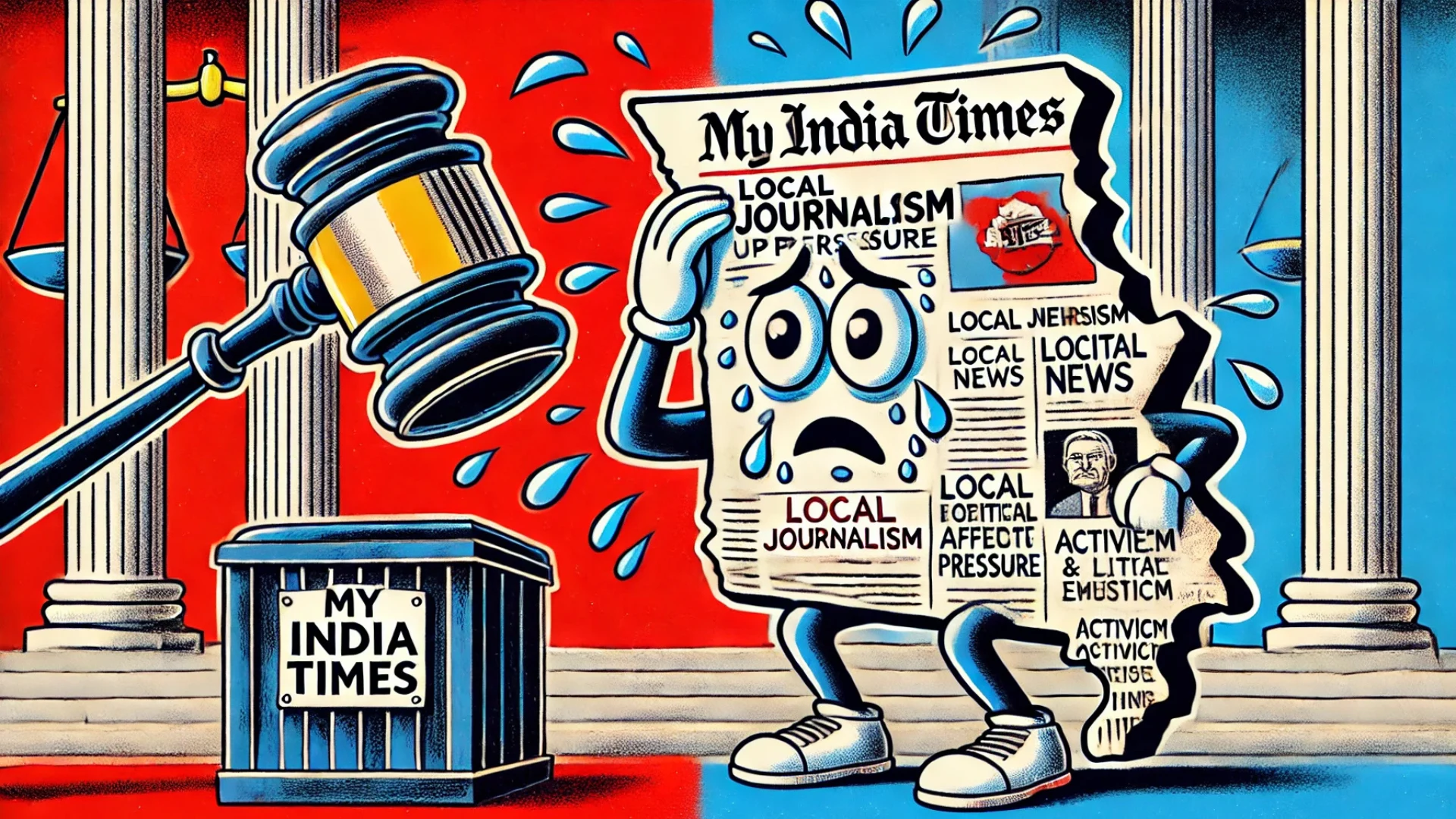


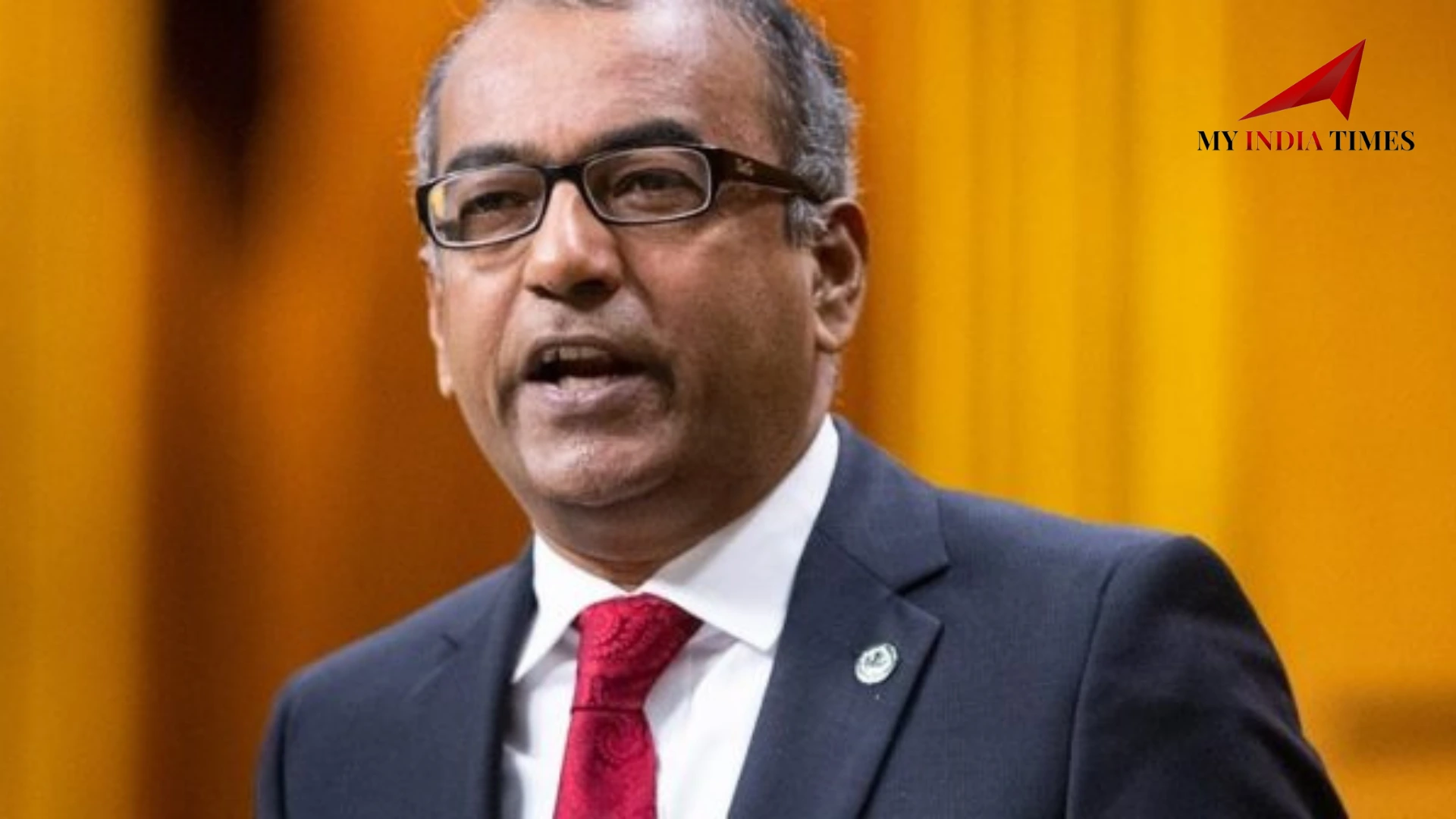
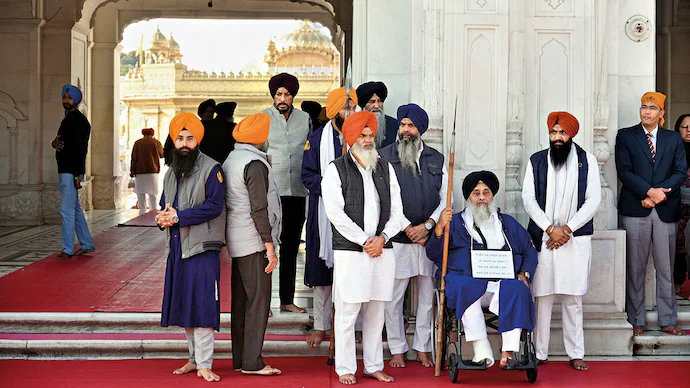





























































































.png)
 (1).png)























